📰 27 inmates from notorious Iranian prison still at large after Israeli strike: Tehran
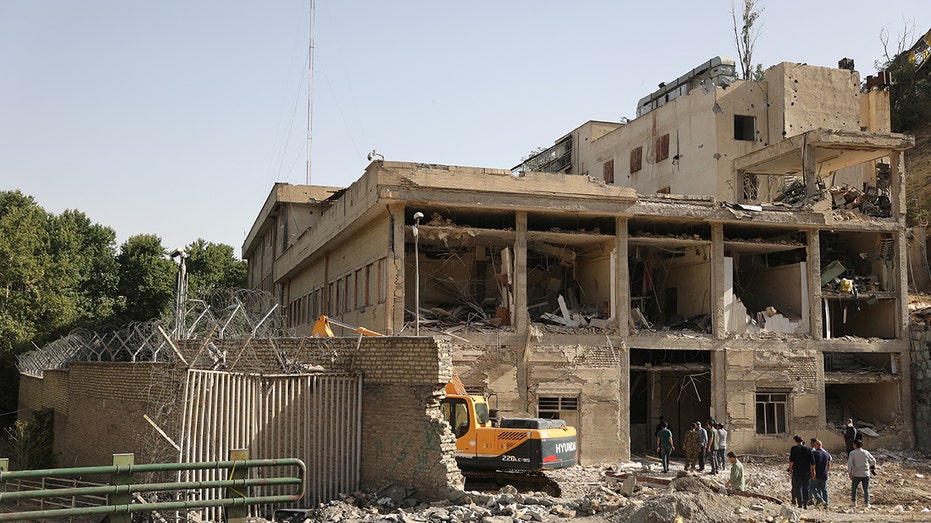
The article reports that 27 inmates from Evin Prison in Iran are still missing after an Israeli airstrike, with a total of 75 inmates escaping during the 12-day war. Iranian Judiciary Spokesperson Asghar Jahangir mentioned that out of the 75 escapees, 48 were recaptured or returned voluntarily, and they were serving time for minor offenses. In a separate incident, Iran claimed its President was injured in the Israeli airstrike under Operation Rising Lion, which aimed to destroy Iran’s nuclear capabilities. Amnesty International called for an investigation into the strike on Evin Prison as a possible war crime, citing a serious violation of international humanitarian law. Evin Prison is known for its harsh conditions and was used by Iranian officials to detain protesters, with the U.S. Treasury Department sanctioning individuals responsible for crackdowns on protesters, including the warden of Evin Prison, Hedayat Farzadi, for torture and physical abuse.
📰 Trump has changed the game’: NATO enters brave new era under pressure from US, Russia
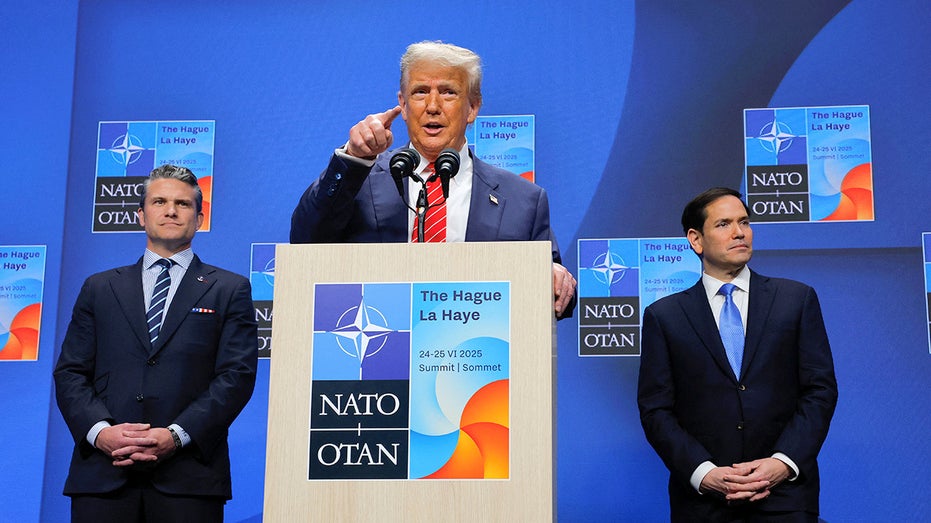
President Donald Trump and Russian President Vladimir Putin’s actions in Ukraine have led to significant changes in NATO, including increased defense spending commitments. Trump’s tough stance on NATO allies not meeting defense spending pledges has had a noticeable impact on the alliance’s operations. Putin’s actions have also raised concerns among European nations about the threat posed by Russia. Trump’s rhetoric, including threats to withdraw troops from Europe and reluctance to defend NATO allies, has pushed some allies to increase their defense spending. Experts believe that while Trump and Putin have energized and focused NATO allies, it remains uncertain whether these changes will be permanent.
📰 Iran will not give up nuclear enrichment, top official confirms in exclusive Fox News interview
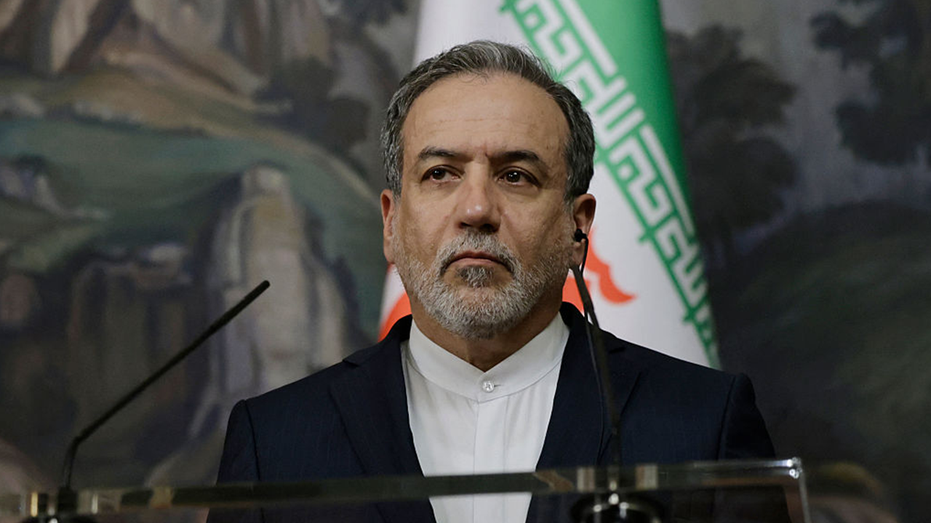
Iran’s Foreign Minister Abbas Araghchi confirmed in an interview with Fox News that Iran will not give up its nuclear enrichment program due to national pride and the achievements of its scientists. The U.S.’s goal of preventing Iran from developing a nuclear weapon by blocking enrichment capabilities is unlikely to succeed, despite threats of international sanctions. The U.S. strikes on Iran’s nuclear facilities caused serious damage, temporarily halting all enrichment capabilities. Iran maintains it is not seeking a nuclear weapon, but security experts warned of its capability to produce nuclear weapons quickly. Iran faces pressure to reach a nuclear agreement by the end of August to avoid further sanctions and arms restrictions, with talks scheduled with Russia, China, and European nations.
📰 Iran seeks China, Russia help to stall UN sanctions ahead of nuclear talks with Europeans
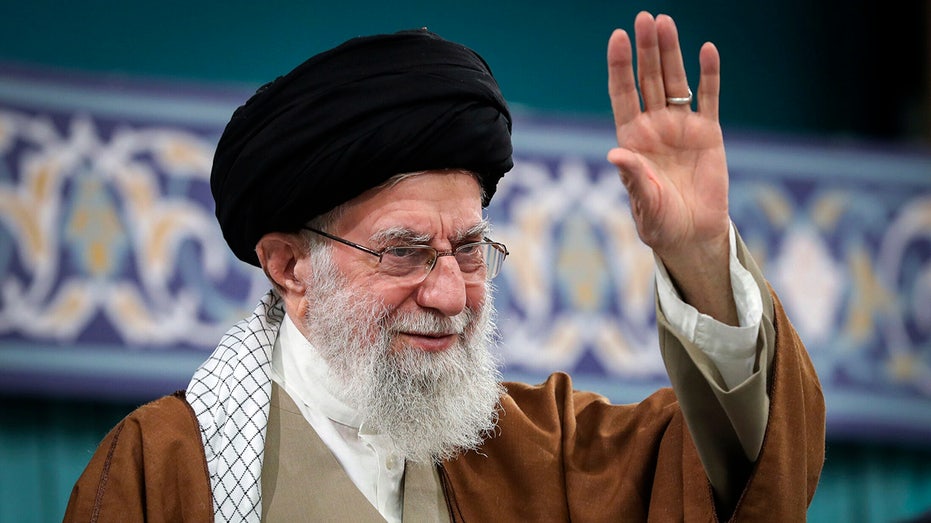
Iran is planning to hold talks with Russia and China to avoid U.N. snapback sanctions as the deadline for a nuclear agreement approaches. The three countries aim to prevent the activation of snapback sanctions or lessen their impact. China and Russia, both JCPOA signatories, have been in alignment with Iran’s position. The U.S. withdrew from the 2015 nuclear deal in 2018, leading to Iran’s nuclear advancements. France, Germany, and the U.K. have threatened to enforce snapback sanctions on Iran if a new nuclear agreement is not reached by the end of August.
The snapback mechanism under the JCPOA allows signatories to reimpose international sanctions on Iran if it violates the terms of the deal. The U.S., under the first Trump presidency, had threatened to use snapback sanctions but can no longer do so after leaving the agreement. Iran faces a deadline in August to accept a comprehensive nuclear deal or face renewed U.N. sanctions. Security experts warn that enforcing snapback sanctions could lead to increased security threats from Iran and potential withdrawal from other international nuclear agreements.
📰 Bangladesh air force jet crashes into school campus, killing at least 19
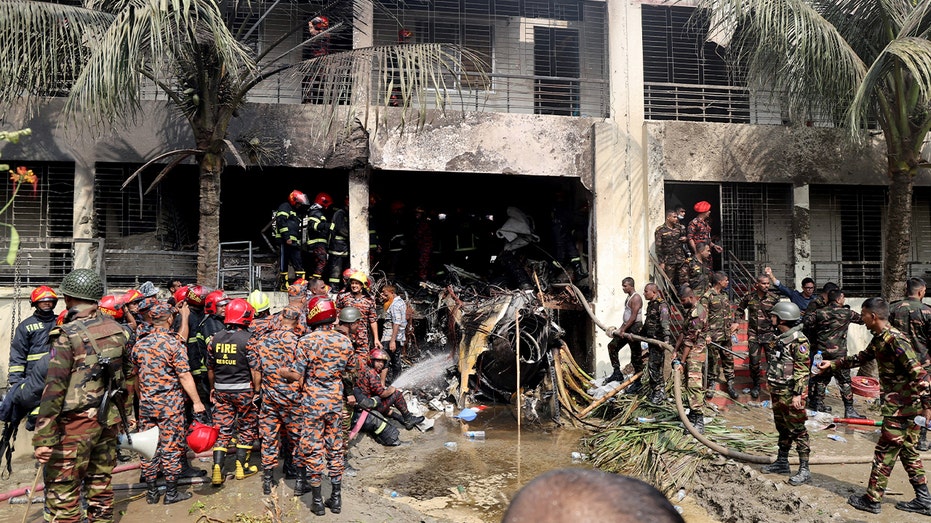
A Bangladesh air force training jet crashed into a college and school campus in Dhaka, killing 19 people and injuring 164 due to a technical problem after takeoff. The F-7 BGI jet, part of a routine training mission, experienced a mechanical failure, leading to the crash despite the pilot’s efforts to divert away from populated areas. The pilot was among the casualties, and an investigation committee has been formed to determine the cause of the incident. The F-7 BGI is the final variant in China’s Chengdu J-7/F-7 aircraft family, with Bangladesh having signed a contract for 16 aircraft in 2011. The aftermath of the crash showed a large fire near a lawn emitting smoke, with onlookers watching from a distance.
The article also mentions a previous deadly Air India plane crash where the only survivor described their survival as a ‘miracle’. The Chengdu F-7 is a license-built version of the Soviet MiG-21, with the crash site showing firefighters spraying water on the wreckage, and victims being taken to the hospital. The scene depicted people screaming and crying as others tried to provide comfort. The incident occurred shortly after an Air India plane crash in India, which resulted in numerous casualties, making it one of the worst aviation disasters in a decade.
0개의 댓글